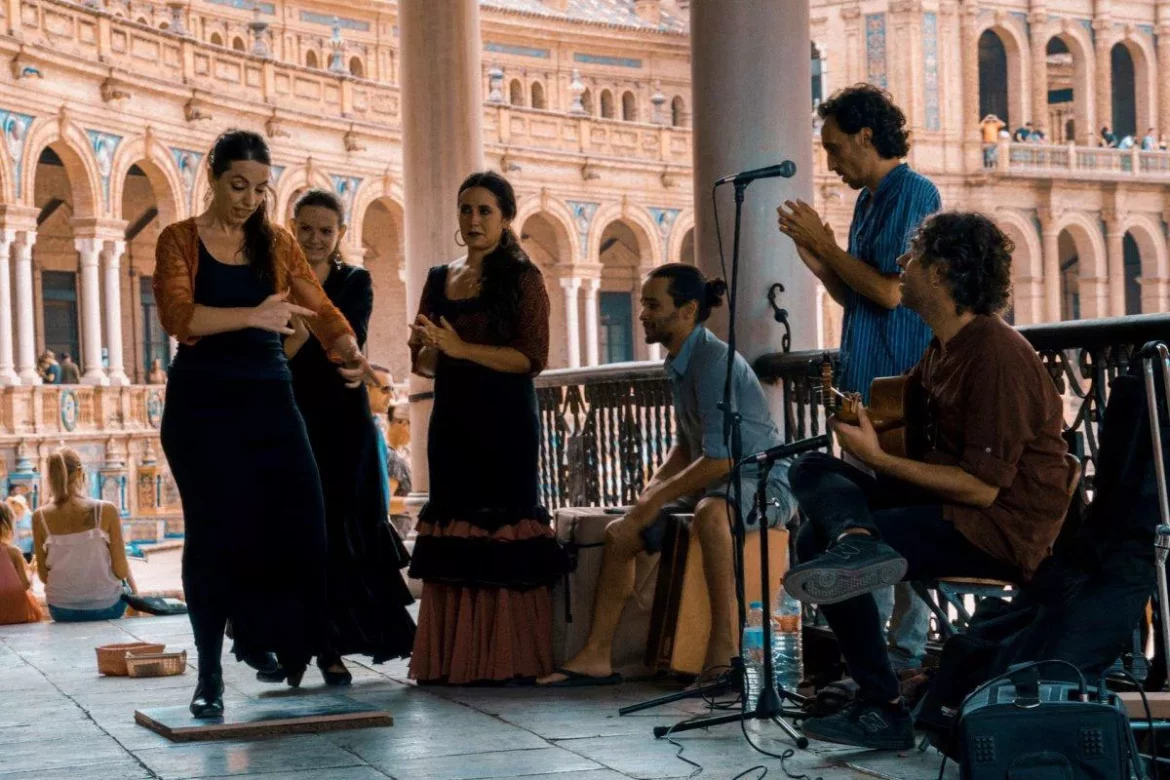When people think of country music, they often associate it with the United States and its rich musical heritage. However, country music has a global presence, and one intriguing variant of this genre is Spanish country music. This unique blend of tradition and innovation has carved out its own niche in the music world, and in this article, we will explore what Spanish country music is, its history, influences, and how it has evolved into a distinct genre.
The Roots of Spanish Country Music
Country music, as a genre, has deep roots in American folk traditions, particularly in the rural South. However, the influence of country music has spread far beyond American borders, reaching countries like Spain. Spanish country music, often referred to as “música country” or “country español,” is a genre that draws inspiration from both American country music and traditional Spanish music.
One of the defining features of Spanish country music is its ability to blend elements of these two distinct musical traditions seamlessly. This fusion results in a unique sound that pays homage to the roots of country music while infusing it with a Spanish flavor. From the rolling hills of Andalusia to the plains of Castile, Spanish country music captures the essence of rural Spain, all while echoing the themes and styles of its American counterpart.
Country Music and Spanish Culture
To understand Spanish country music better, it’s essential to explore how it fits within the broader context of Spanish culture. Spain has a rich history of folk music, with regional variations and influences that have evolved over centuries. Traditional Spanish music, with its flamenco, fandango, and paso doble, has a passionate and rhythmic quality that resonates deeply with its people.
Incorporating elements of traditional Spanish music into the country genre has resulted in a unique fusion that is both authentic and innovative. Spanish country music often features the use of traditional instruments like the guitar, flamenco-style handclaps, and regional percussion instruments. These elements, when combined with the familiar twang of a steel guitar or the storytelling lyrics typical of country music, create a captivating and distinct sound.
The Evolution of Spanish Country Music
Spanish country music didn’t emerge overnight; it has evolved gradually over time. In the mid-20th century, when American country music was gaining global popularity, Spain experienced a cultural exchange that brought this genre to its shores. Spanish musicians and audiences were captivated by the heartfelt storytelling and emotional depth of country music.
As Spanish artists began to experiment with the genre, they incorporated their unique cultural elements, creating a style that was recognizably Spanish while staying true to the roots of country music. The lyrics often focus on themes of love, loss, rural life, and the challenges faced by ordinary people—subjects that resonate with audiences in both the United States and Spain.
Spanish Country Music Today
Today, Spanish country music continues to thrive, with a growing fan base and a new generation of artists who are redefining the genre. While the influence of American country music remains strong, Spanish country musicians are also exploring new directions and pushing boundaries.
In recent years, Spanish country music has embraced a more modern sound, incorporating elements of pop, rock, and even hip-hop. This fusion has resulted in a contemporary subgenre known as “country fusion,” which appeals to a younger and more diverse audience. Artists like El Twanguero and Los Rebeldes have been at the forefront of this movement, experimenting with different styles and blending them with traditional country elements.
The Role of Spanish Country Music in Contemporary Spanish Culture
Spanish country music has not only found its place within the music industry but has also made its mark on contemporary Spanish culture. Country music festivals and events have gained popularity, drawing fans from all corners of the country. These gatherings celebrate not only the music but also the lifestyle and values associated with the genre.
Moreover, Spanish country music often serves as a platform for social commentary and storytelling. Just like its American counterpart, it addresses important issues such as rural life, the struggles of working-class people, and the complexities of love and relationships. Through their lyrics and melodies, Spanish country musicians connect with their audience on a profound level, making the genre a powerful tool for self-expression and reflection.
Conclusion
In conclusion, Spanish country music is a captivating genre that seamlessly blends the rich traditions of American country music with the vibrant culture of Spain. It has evolved over the years, embracing modern influences while staying true to its roots. Spanish country music is not just a musical genre; it’s a reflection of the values, stories, and experiences of the Spanish people.
As it continues to evolve and gain recognition both in Spain and beyond, Spanish country music stands as a testament to the enduring power of music to bridge cultures and create a unique harmony that resonates with people from all walks of life. Whether you’re a fan of traditional country sounds or the more contemporary country fusion, Spanish country music has something to offer for everyone, making it a genre worth exploring and celebrating.

